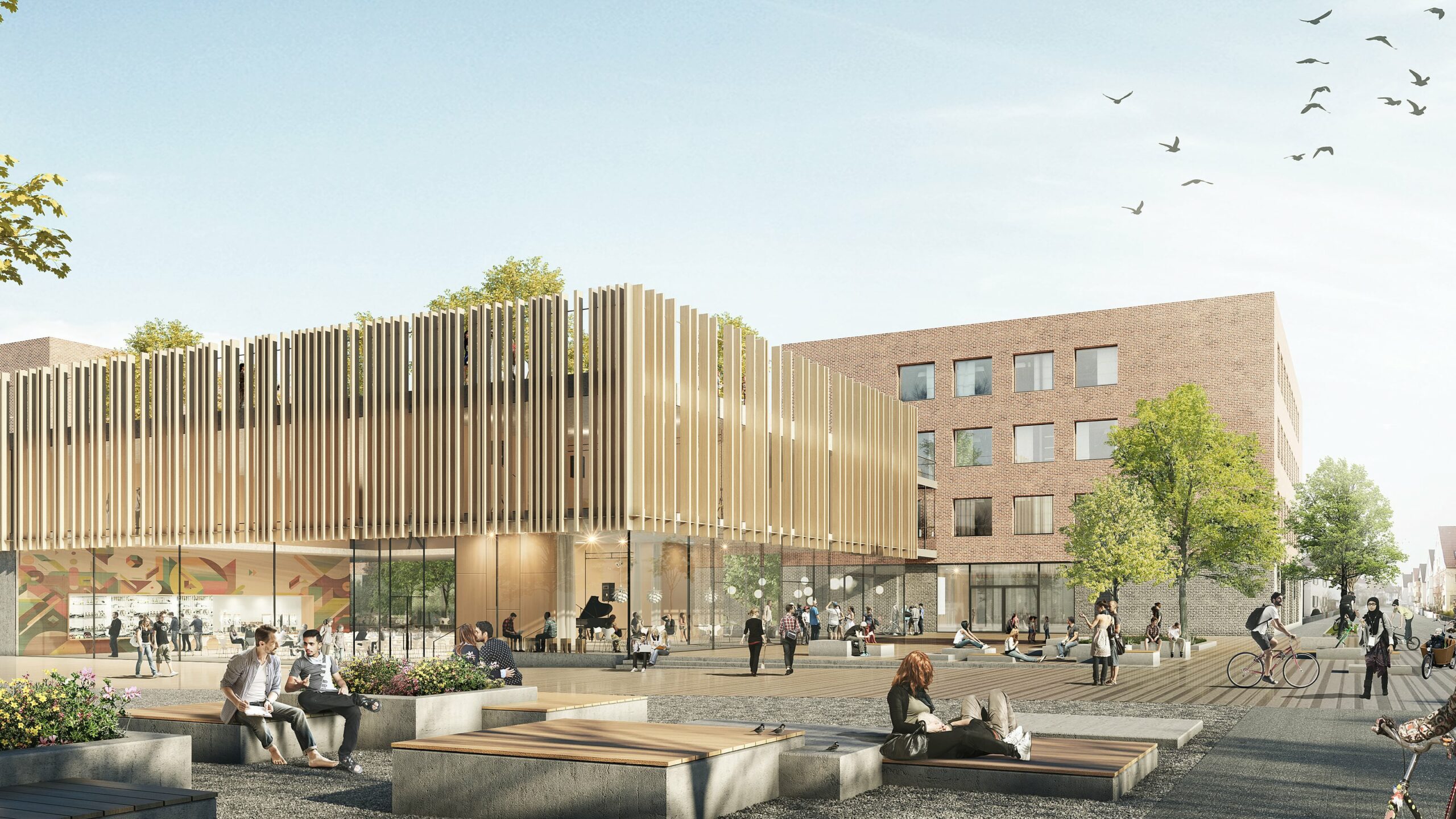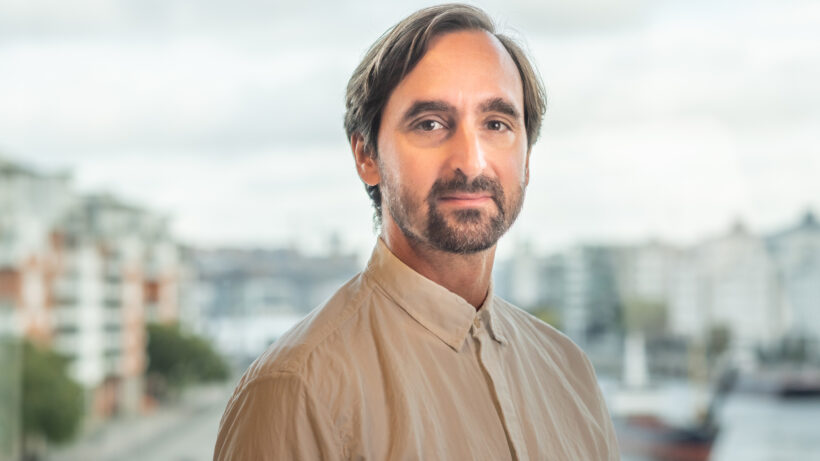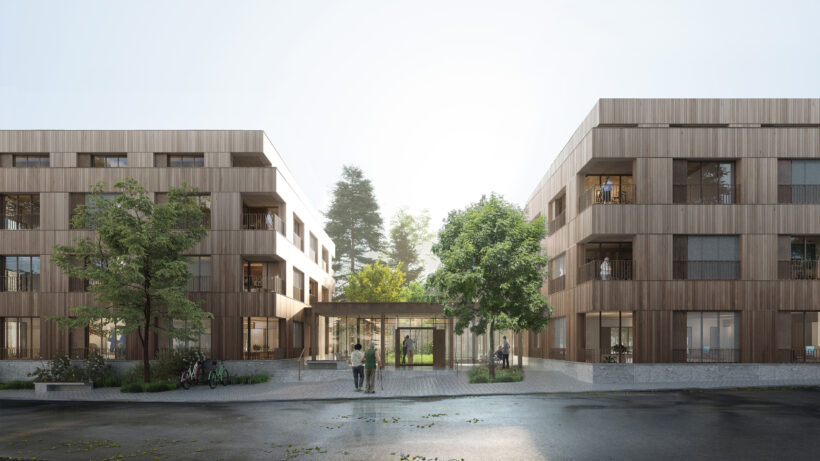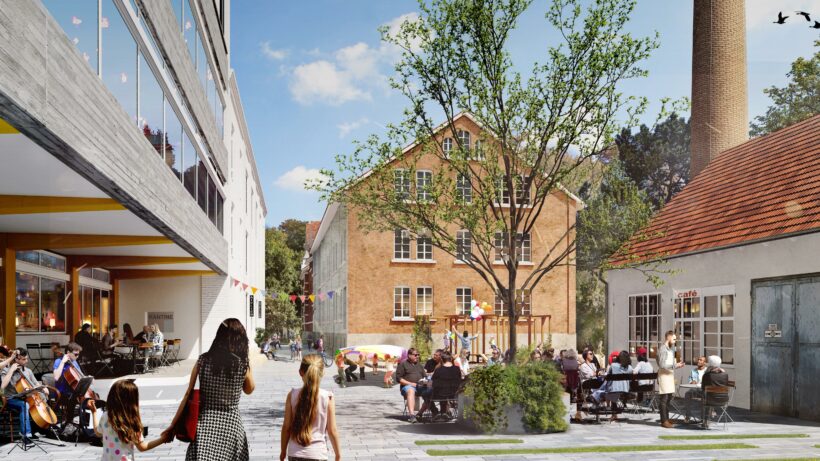Learning from each other – both in process and culture
Max also points out that, seen in the international context, Sweden has leading expertise in climate neutrality, wood construction and digitalisation – something that is of interest for German clients.
– White’s architecture philosophy and value-based approach are often appreciated by both clients and consultants. We inspire by being responsive, working inclusively and with a low prestige. At the same time, we dare to step it up for sustainability and climate neutrality and there is a great interest in our knowledge of digitalisation and wood architecture, says Max.
The Swedish construction industry is often driven by tried and tested solutions. Due to a great diversity of medium-sized enterprises (Mittelstand) that took the step into digitalisation, production in Germany as well as in Switzerland and Austria is still characterised strong by craftsmanship and specific solutions rather than standardisation. The exchange with the craftsmen is often just as inspiring as the collaboration with structural and building physics engineers.



